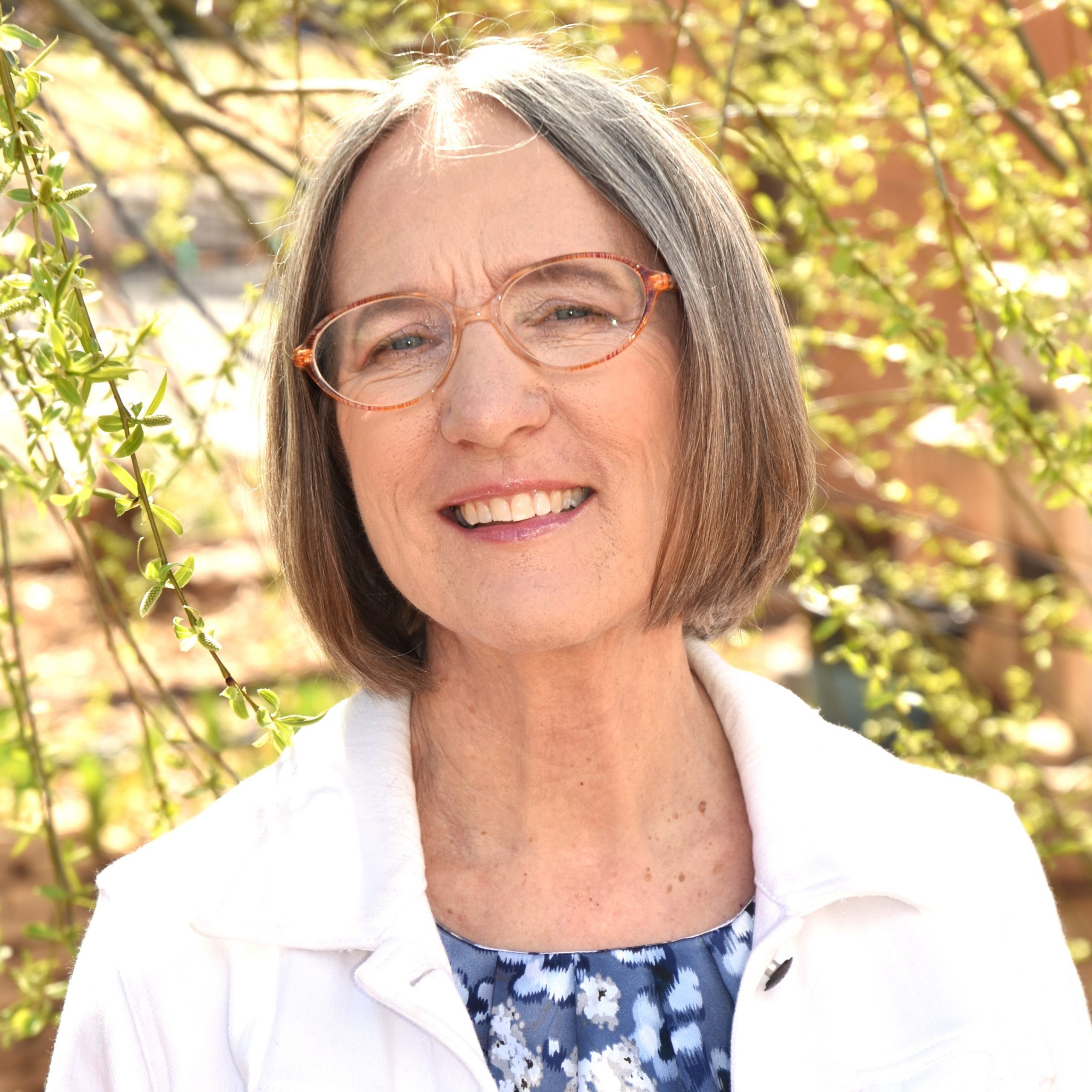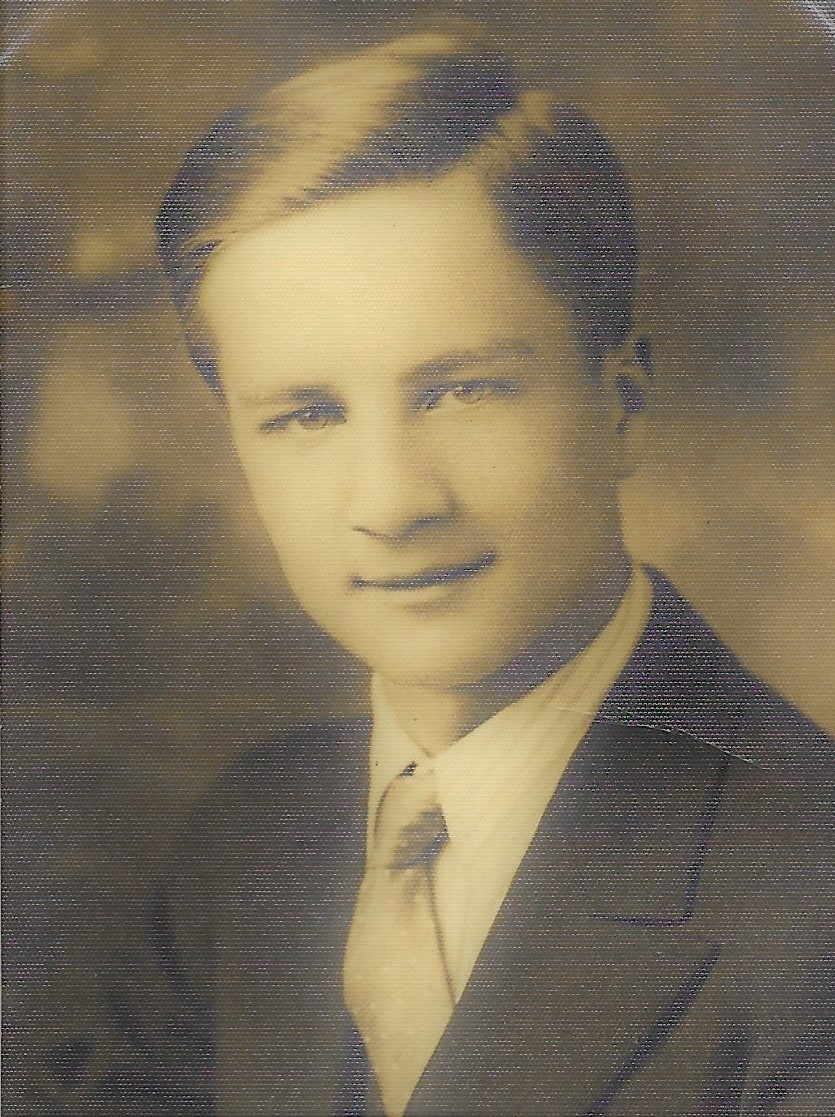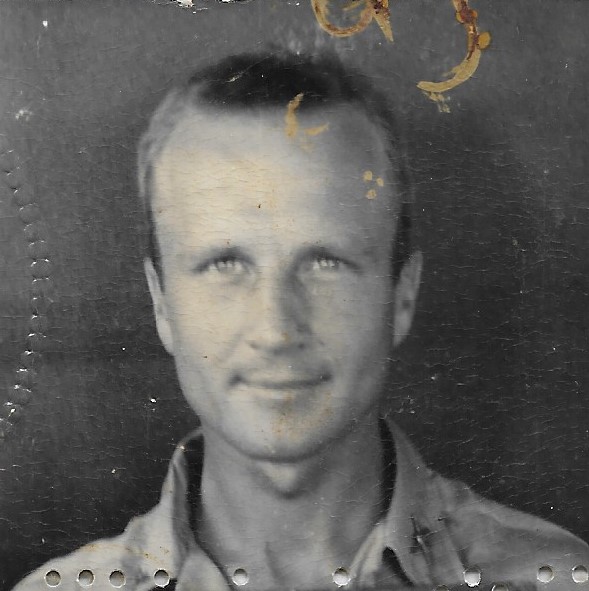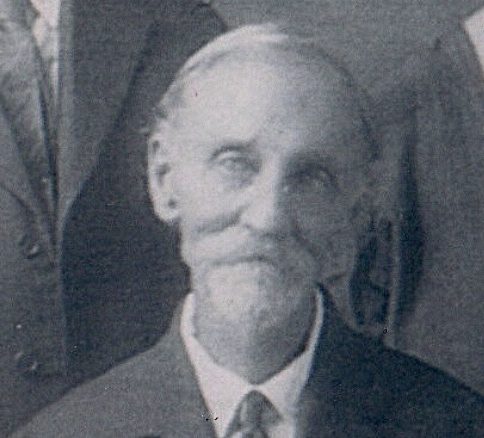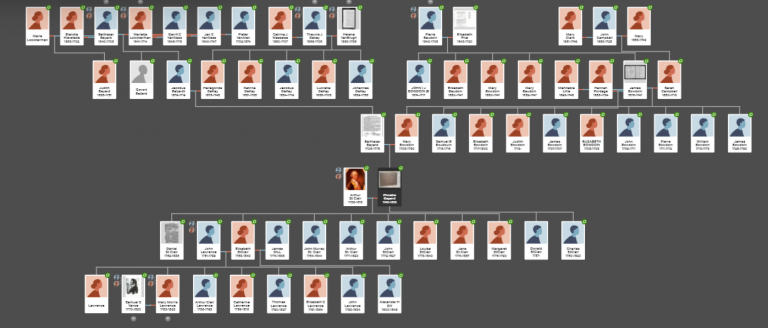My Dad graduated from high school in 1931, at the age of 16. My grandmother felt he was too young to go off to college (besides the fact that there was no money for college) so my grandfather got him a job building railroads. I knew that during the depression my grandfather worked at the creamery and produce station in their small hometown. What I did not know until recently was that my father bought the station, I assume with the money he earned on the railroad and owned it during the time my grandfather and my uncle managed it.
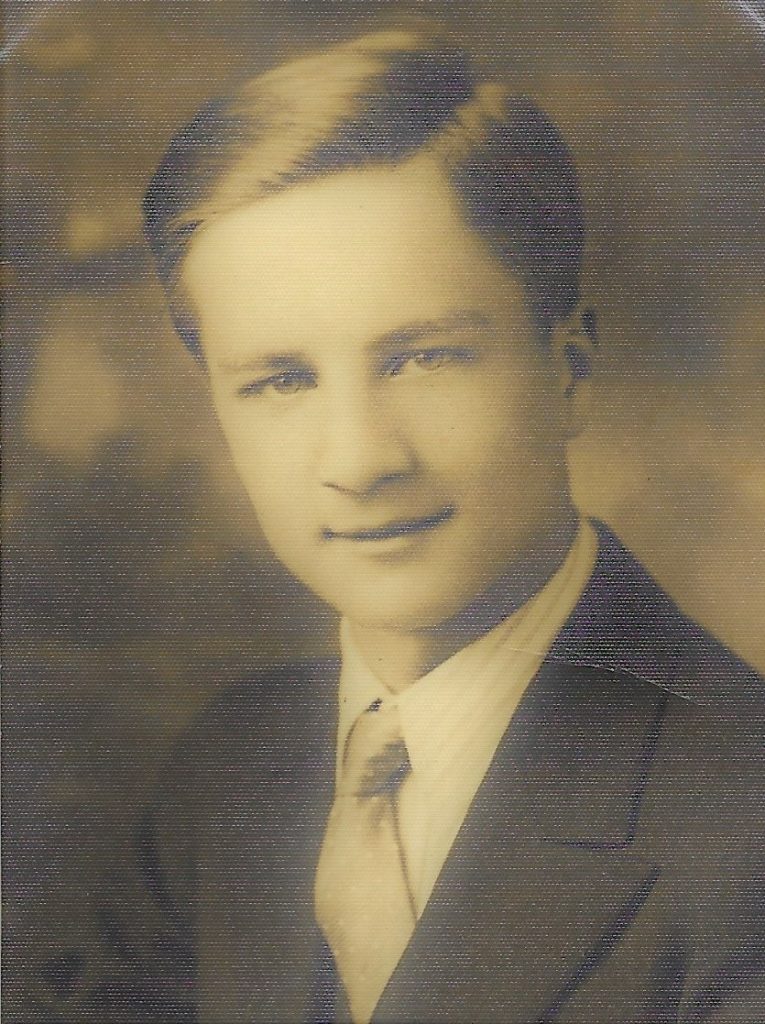
In “the box” I found a copy of the farewell address my Dad delivered to the high school. It is not entirely original, but it does show his sense of humor. He said:
“Before beginning to speak I want to apologize to Abraham Lincoln, Patrick Henry, Thomas Jefferson, William Shakespeare, and Anonymous, if any of them happen to be present, for stealing their stuff.
Every worthwhile speech should have a name, and as I think of the dignity of this occasion and look into this worthy gathering, I cannot help but call my farewell talk “Facing an Empty Outlook.”
A half a score and two years ago our mothers led forth a dozen and one freshly cleaned youngsters on the streets of this fair city and others, dedicated to the proposition that all men and women are created for school.
Now we are engaged in a great struggle, testing whether I or any other senior can graduate. Tonight we came here to dedicate these fields to those who are to come. It is altogether fitting and proper that we should do this.
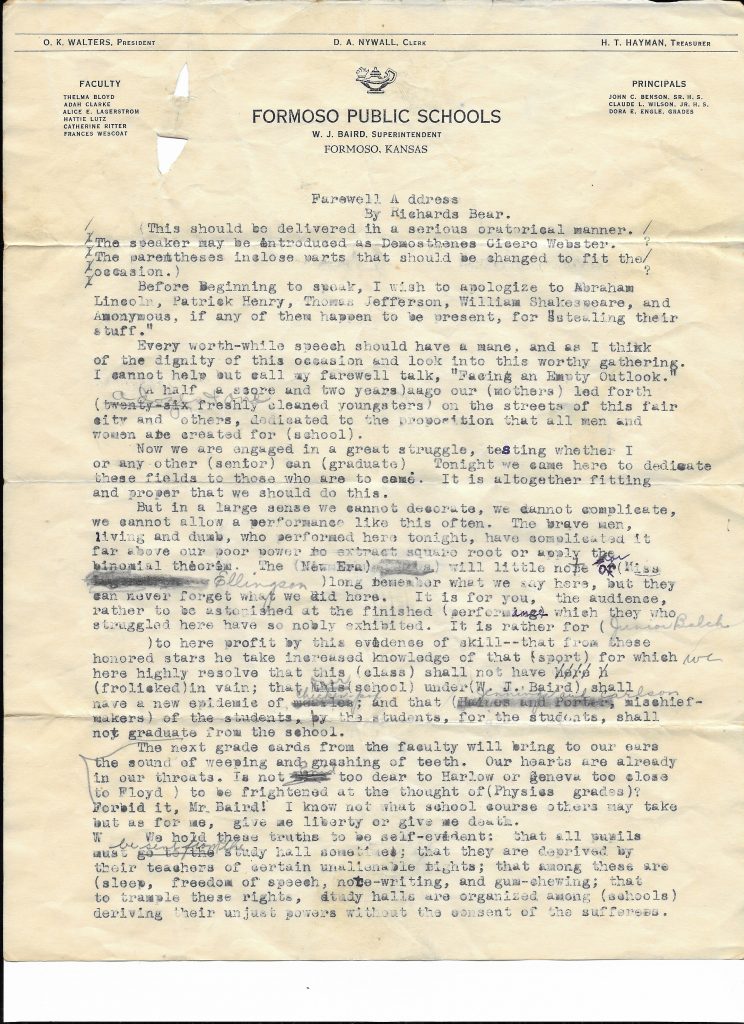
But in a large sense, we cannot decorate, we cannot complicate, we cannot allow a performance like this often. The brave men, living and dumb, who performed here tonight have complicated it far above our poor power to extract square roots or apply the binomial theorem. The New Era, nor Miss Ellingson, will little note, not long remember, what we say here, but they can never forget what we did here. It is for you, the audience, rather to be astonished at the finished performance which they who struggled here have so nobly exhibited. It is rather for Junior Balch to here profit by this evidence of skill — that from these honored stars he take increased knowledge of that sport for which we here highly resolve that this class shall not have frolicked in vain; that our school, under W.J. Baird, shall have a new epidemic of chickenpox; and that Jennings and Carlson. mischief-makers of the students, by the students, and for the students, shall not graduate from the school.
The next grade cards from the faculty will bring to our ears the sound of weeping and gnashing of teeth. Our hearts are already in our throats. It is not too dear to Harlow or Geneva, too close to Floyd, to be frightened at the thought of physics grades. Forbid it, Mr. Baird! I know not what school course others may take, but as n=for me, give me liberty or give me death.
We hold these truths to be self-evident: that all pupils must be sent forth from study hall sometime; that they are deprived by their teachers of certain unalienable rights; that among these are sleep, freedom of speech, note writing, and gum chewing; that to trample these rights, study halls are organized among schools deriving their unjust powers without the consent of the sufferers.
Therefore, dishonorable gents and ladies, it is my honest opinion the “to be or not to be” was, is the question. Whether “‘Tis nobler in the mind to suffer” four more years of college education or to take to heels and by running beat the Ford across the street. To run–to slip; to slip — perchance to fall. Ay. there’s the rub –for in that slip the driver’s brakes may not rub, and we shall shuffle off this mortal coil.
And now before shuffling off this stage, as a farewell to friends and enemies of the Class of ’31, I leave you with this little poem. It is my composition, although it contains the thoughts of two famous rhymes. However, these thoughts have never been expressed in quite the same manner:
Mary had a little lamb, twinkle, twinkle little star, Its fleece was white as snow, how I wonder what you are. And everywhere that Mary went, up above the world so high, The lamb was sure to go, like a diamond in the sky.
Thus it is written on the 13th day of April 1931.
Lynn Doxon
